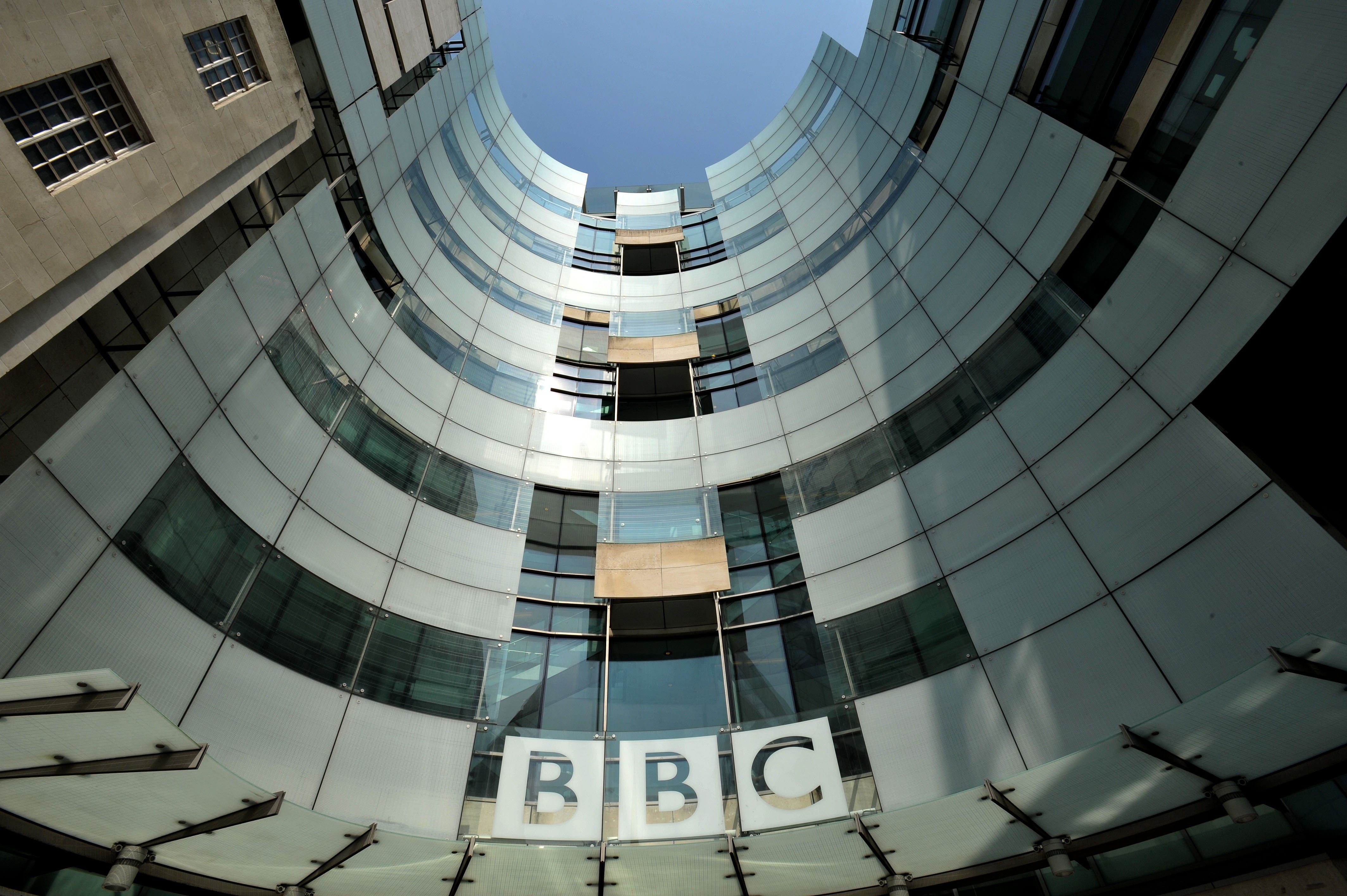
CBBC, BBC Four and Radio 4 Extra are to close and become online-only services, the BBC announced on Thursday, in an effort by the corporation to become “a modern, digital-led and streamlined organisation that drives the most value from the licence fee”.
BBC World News and BBC News Channel will merge under the plans, to become simply BBC News.
A piece of radio history will also come to an end as Radio 4’s long-wave service is scrapped, along with Radio 5 Live’s medium-wave transmissions on 909 and 693 Khz.
Regional television news from Oxford and Cambridge is also being scrapped and will merge with “parent” programmes from Southampton and Norwich respectively.
Overall, the wider changes will mean about 1,000 jobs will be lost at the BBC over the next few years.
Director-general Tim Davie told staff of the corporation’s need to reform in order to stay relevant and continue to provide great value for its users.
“When I took this job, I said that we needed to fight for something important: public service content and services, freely available universally, for the good of all,” he said.
“This fight is intensifying; the stakes are high.”
Mr Davie confirmed that although the changes to the channels won’t happen for the next three years, the plan to move them off linear television is in place for the future.

Other changes noted in the press release include plans for new on-demand content and formats for news and current affairs, including plans for some World Service foreign-language content to be digital-only.
Philippa Childs, head of broadcasting union Bectu, said: “This announcement lays bare that below the political shrill about the BBC is the reality – hugely talented and dedicated people who work hard to deliver critical services to the nation and beyond are now facing yet more job losses and continued uncertainty.”







